NCI
-
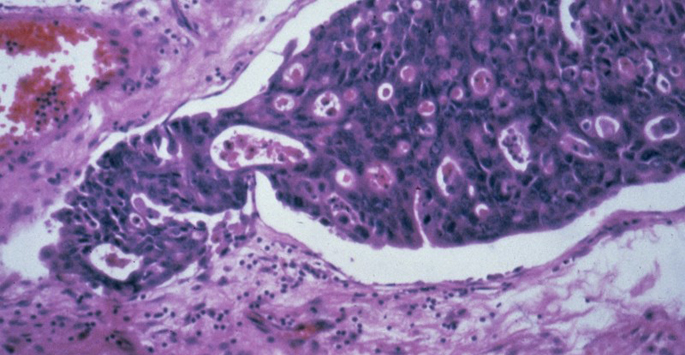
Therapeutic target for gastric cancer
A protein kinase linked to inflammation and tumor development may be a good target for gastric cancer therapies. Read MoreDec 12, 2013
-

VU study points to central regulator of neuron development
Developmental biologist Chin Chiang, Ph.D., and his colleagues have discovered that Purkinje neurons in the cerebellum act as central regulators of neuronal development. Read MoreDec 12, 2013
-

Research climate must be enhanced: NCI director
The director of the National Cancer Institute, Harold Varmus, M.D., told an overflow crowd at this year’s Orrin Ingram Distinguished Lecture that he is concerned about the climate for discovery research in the United States. Read MoreDec 5, 2013
-
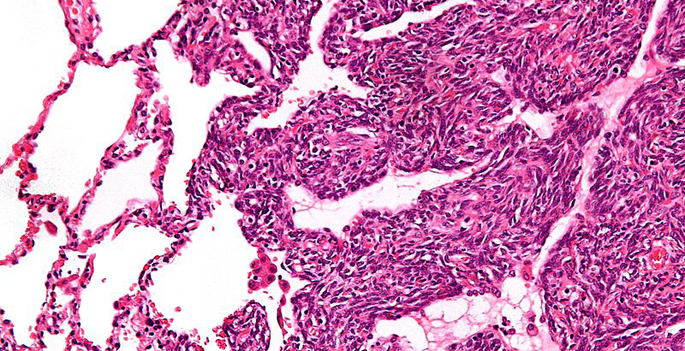
Therapeutic target for synovial sarcoma
Inhibitors of a signaling pathway that is critical to synovial sarcoma tumorigenesis may be useful treatments for this aggressive cancer. Read MoreNov 21, 2013
-

National Cancer Institute director set for Discovery Lecture
The director of the National Cancer Institute, Harold Varmus, M.D., will deliver the next Flexner Discovery Lecture on Thursday, Nov. 21. His lecture, “New Directions in Cancer Research,” will begin at 4 p.m. in 208 Light Hall. Read MoreNov 14, 2013
-

Molecular circuits in ovarian cancer
Vanderbilt researchers have used bioinformatics analysis of gene expression data to describe molecular “circuits” that drive ovarian cancer. Read MoreNov 13, 2013
-

Breast SPORE lands NCI renewal
Vanderbilt-Ingram Cancer Center’s Breast Specialized Program of Research Excellence (SPORE) has been awarded a third round of funding from the National Cancer Institute (NCI). Read MoreNov 7, 2013
-
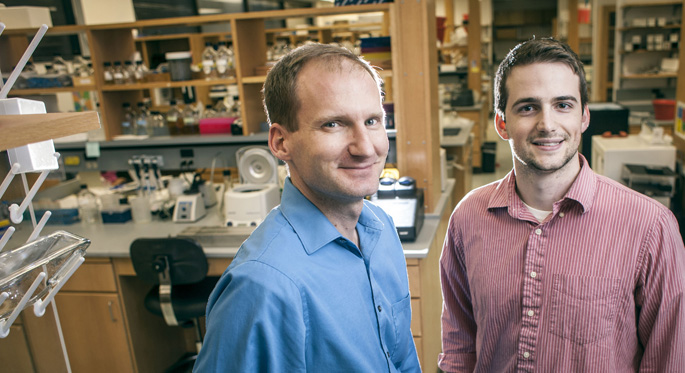
VU study sheds new light on DNA replication
David Cortez, Ph.D., and his Vanderbilt colleagues report new findings that shed light on fundamental processes involved in DNA replication and have implications for cancer therapies that target these processes. Read MoreNov 7, 2013
-

Targets of SIN drive cell division
Vanderbilt researchers have identified a key regulator of cell division. Read MoreOct 25, 2013
-

Magnesium impacts vitamin D status
Magnesium and vitamin D appear to work together to reduce risk of death from cardiovascular disease and colorectal cancer. Read MoreOct 14, 2013
-
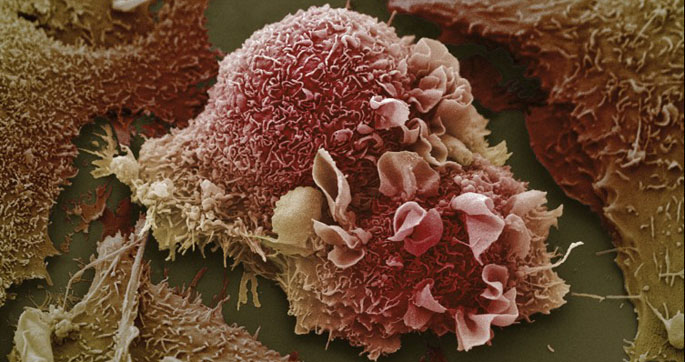
Probing mutant EGF receptor regulation
Understanding the regulation of mutant EGF receptors commonly found in lung cancers could lead to new targeted therapies. Read MoreOct 10, 2013
-

Cell changes en route to stomach cancer
Molecular characterization of pre-cancerous changes in cells lining the stomach could point to lesions with a greater risk of progression to cancer. Read MoreSep 26, 2013
-

Fishing for new anti-cancer drugs
Vanderbilt investigators used an in vivo screen in zebrafish to identify a potential new anti-cancer drug. Read MoreSep 18, 2013
-

Cancer nanomedicines on target
Therapeutic nanoparticles may offer a powerful new way to image and treat cancer at the same time. Read MoreSep 13, 2013
-

VU study identifies DNA changes in drug-resistant cancer cells
Vanderbilt investigators have combined next-generation sequencing technologies and bioinformatics analyses to screen for genome-wide genetic mutations associated with drug resistance in a series of lung cancer cell lines. Read MoreSep 12, 2013
-
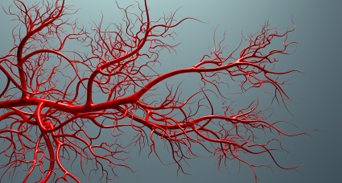
Tumor factor spurs blood vessel growth
A newly identified factor regulates blood vessel growth in colorectal tumors and could be a promising target for cancer therapies. Read MoreAug 26, 2013
-

Overcoming resistance in ovarian cancer
The nuclear receptor TR3 contributes to ovarian cancer cell death in response to platinum-based chemotherapy – and may be a good target for overcoming cell resistance to certain treatments. Read MoreAug 22, 2013
-
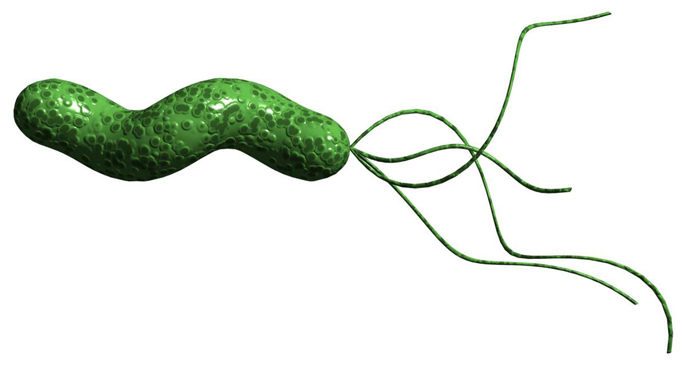
Noninvasive test detects stomach bug
A noninvasive test can be used to identify the presence of Helicobacter pylori and evaluate its virulence, which will be useful in areas with high rates of H. pylori-associated gastric cancer. Read MoreAug 12, 2013
-
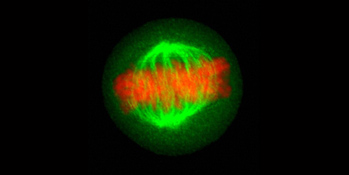
Motor protein revs up cell division
A motor protein that helps drive cell division may be a promising new target for cancer therapeutics. Read MoreJul 29, 2013
-

Visualizing data on network ‘maps’
The new web application NetGestalt will allow investigators to simultaneously visualize different types of data for the same gene – such as mutation, expression and modification. Read MoreJul 25, 2013